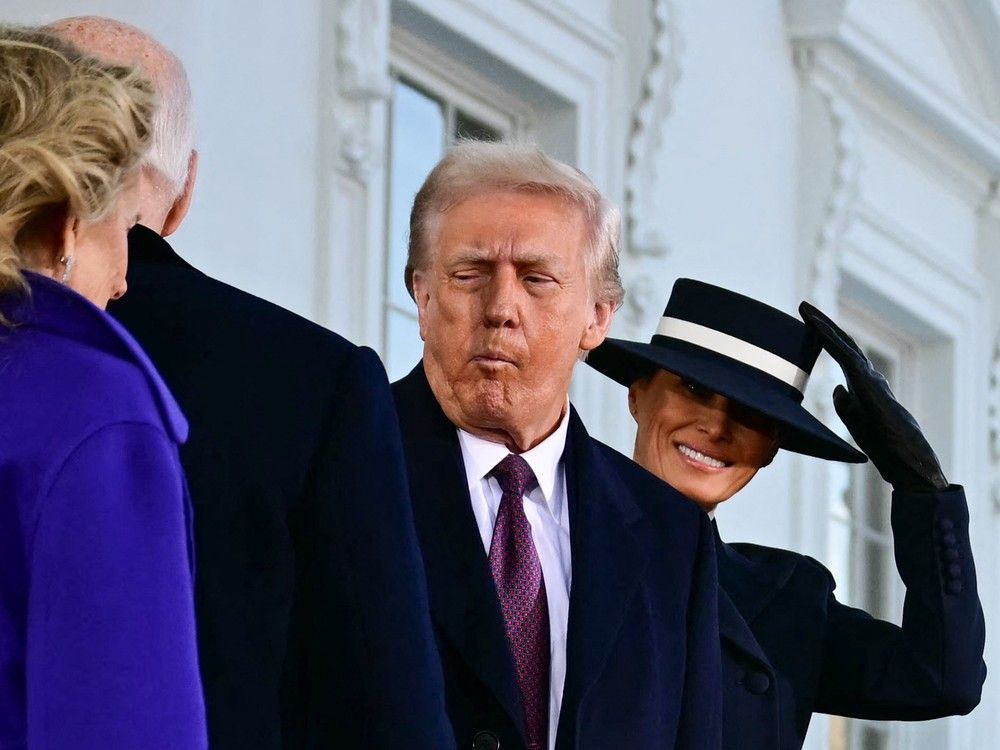If Ford is proposing to block sales of US liquor, he's receiving idiotic advice. There is a huge world market for alcoholic beverages, and increasing prosperity is one of the reasons products you might like occasionally disappear from your local stores - someone, somewhere else, is willing to buy, and all that is needed is a sea-can routed somewhere else. Futile small gestures are a "tell" of people bereft of useful ideas, or unwilling to accept real political damage. The attraction is obvious: the appearance of doing something without the downside risk of tackling something of importance, like commodity exports or the Auto Pact.
Every proposal to punish US exporters - especially relatively small ones, of products not low in the value-add of any supply chain - is going to work the same way as threats to our exporters: they will be encouraged to seek markets elsewhere, and some of those relationships will become permanent and you will permanently lose access to products. This is especially true when they don't need multi-year infrastructure projects to establish new delivery routes.
Those who are serious about fighting their "economic war" ought to be aiming at commodities that are at the bottom of the chain, to maximize disruption. The whole point is disruption. Pin-prick economic commando raids are not the aim to be chasing when you need to win the Battle of the Atlantic.
The pause in the threat is amusing. It yanks the rugs out from all those using it to politick for leadership and generally distract attention away from their own long-term economic failures and gives everyone time to re-think all the ways in which we self-sabotage economic prosperity. The foreign "other" is less imminent.
Calm down, stop bleating "war, war, war", and think about removing internal impediments, which we should do anyways. Then when the threat finally dissipates, things will be even better.




